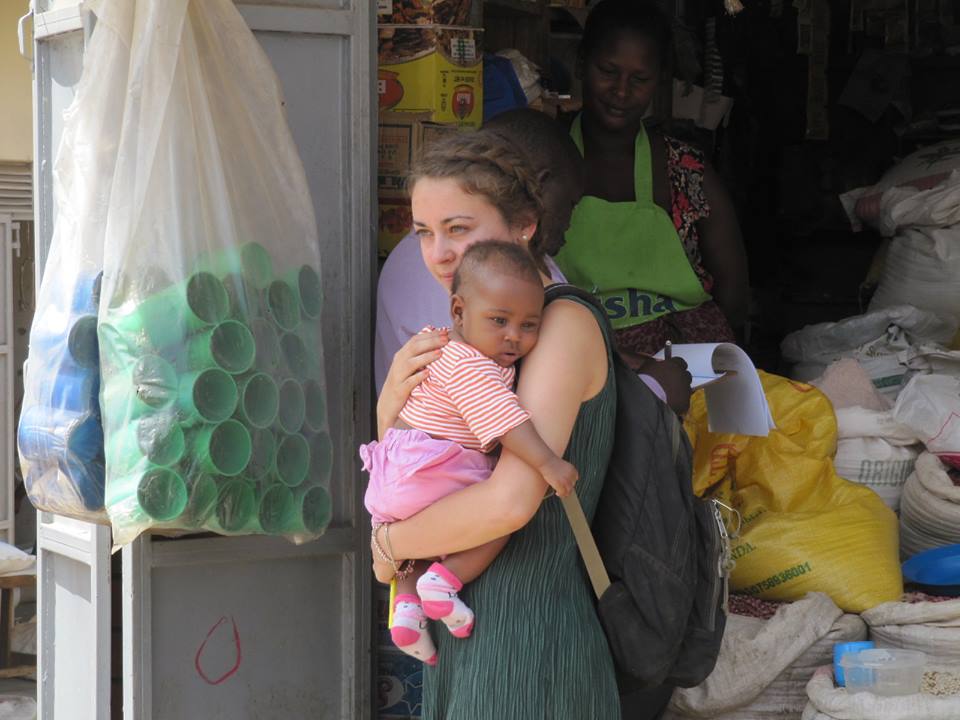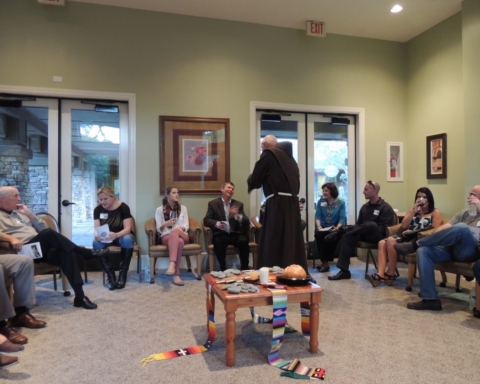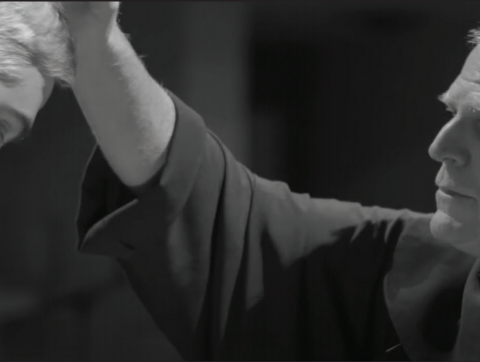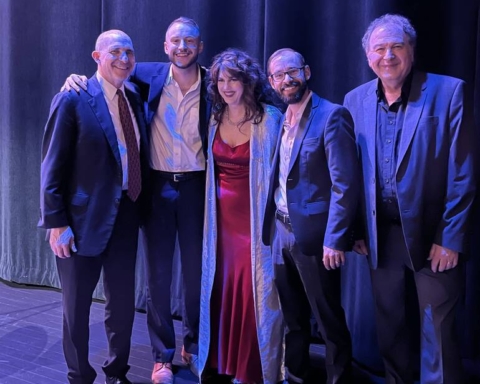By Lauren Zazzara
Features Editor
Instead of spending the dog days of summer at the beach to do some relaxing, some students at St. Bonaventure opted to go to Africa to do some service.
Two students who chose to volunteer this summer were Amanda Saeli, a junior marketing major, and David Bryant, a junior journalism and mass communication and English double major. They went on separate trips to Africa this summer to help communities in need.
Saeli, who did service with the on-campus 501c3 charity Embrace It Africa, said she went to Bethlehem, Uganda for three weeks. She said the group sponsored education programs, bought medical supplies, helped with agriculture and supported a women’s widow group affected by HIV/AIDS.
She said she built a bond with the teachers she met and now they are Facebook friends, which gives her motivation to work harder that she wouldn’t have being removed from the problems.
Bryant said he went to South Africa for his trip with fellow Bonnies, juniors Christian Marrero and Mary Anneliese Quinlan, as well as Sr. Suzanne Kush, C.S.S.F., who retired from Bonaventure after last school year, among others.
“The objective for the mission trip was to go there and learn as much about the South African culture as possible,” Bryant said.
Bryant said he found adventure in South Africa by swimming in the Indian Ocean and going on a safari.
He also said he liked the feeling of helping others.
“It wasn’t a lot by any means, but I think it was enough for them to know that there are people out there who truly care about their well-being and about their human dignity.”
Bryant’s group traveled to Johannesburg, Pietermaritzburg, Durben, the Thousand Hills region and Soweto, the former home of Nelson Mandela (former leader of South Africa), where he said he learned about apartheid.
Saeli said her trip had a personal effect on her as well. She said a director at one of the schools she visited brought her to a sick child at a nearby farm whose family couldn’t afford to pay for medical help.
“She was six years old and she was completely rigid and couldn’t move,” Saeli said. “They hadn’t seen a good doctor because they weren’t near one; they couldn’t afford anything anymore.”
By giving the family between $50 and $100, Saeli said she was able to help the mother.
“It was able to give her some peace of mind and [the ability to] to the hospital to get an MRI,” Saeli said. “I actually haven’t heard how it went yet. I’m waiting to hear about it. But that was super powerful, and it made me realize just how much I can do there with the little that I have.”
Both Saeli’s and Bryant’s group had a general day-to-day schedule.
Saeli said her group would go to the school in the village and then tour the village to see what the people needed. Then, in free time they would go on small trips such as a safari where they saw lions, hippos and elephants, she said.
Bryant said that his group went to a health clinic for women suffering from HIV/AIDS. They also went to the Boikarabelo community, which the documentary “Angels in the Dust” is based on, Bryant said. The village consists of a health clinic, school and orphanage.
“They do a tremendous job with the children there. Most of the children are orphans because their parents died of AIDS,” said Bryant.
Both Saeli and Bryant said that their service trips gave them new perspective and changed their lives.
“I think it’s absolutely phenomenal what they do there, and it brings such hope for those of us who feel a lot of our service is unwanted and unappreciated,” Bryant said. “That doesn’t mean that it’s going to be any less necessary to do the service anyway.”
Scholarships, sponsorships, donations from organizations and websites such as Volunteer Forever and FundMyTravel can help fund student service trips. Bryant said that he got financial help for his trip.
“When opportunities arise you need to take them and they’re going to be scary and all odds against it, but it’s going to be a life-changing experience,” he said.
Saeli said that the trip made her feel privileged in comparison with those she met in Uganda.
“You realize there’s a whole different side of the world with people just like you who just are in completely different circumstances,” Saeli said. “You have to go to know why you’re going. You can’t understand until you actually go.”
zazzarlm13@bonaventure.edu









